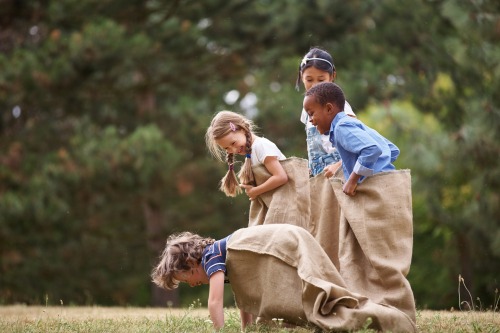Anita Rani On Countryfile, Her Love of Yorkshire and Her New Book
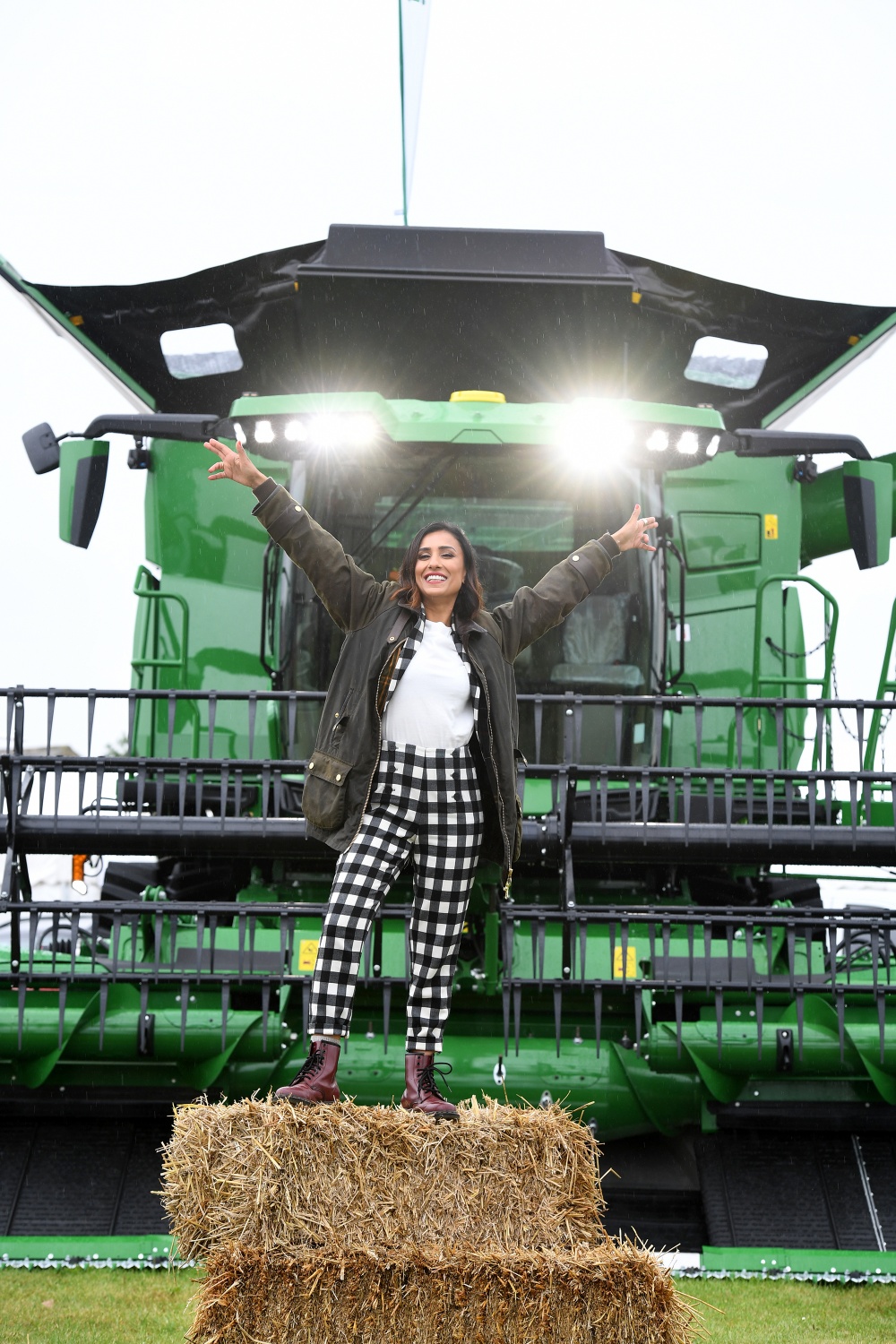
Bradford’s Anita Rani describes herself as a triple threat: ‘I’m a girl, and Northern, and brown.’
The decision to write a memoir was spurred on, Anita explains, by a combination of factors. One of them was age, and another was lockdown, which gave her ‘the perfect opportunity to sit and write it’. They weren’t the driving factors though. ‘I’d got to a place where I had a platform and a voice and a story to tell that doesn’t normally get told,’ Anita says. ‘I sort of found myself in a position where I thought, I’ve got a story that lots of women I know can relate to, and you don’t often hear our tales told.’

In writing her book, Anita found herself being much more open than she had imagined. ‘There was lots that I wanted to say about what it means to grow up as a South Asian woman, and the cultural expectations within our own homes, and then also having to navigate a white landscape where people have preformed opinions (whatever they might be) about you,’ she says. ‘I’m a lot more vulnerable in the book than I thought I would be. I think that’s because when I was writing it I didn’t think about anybody reading it. I was writing it for myself, and really for a younger me. I didn’t have an audience in mind – it was just a really cathartic process for me.’
She is particularly honest about her teenage years (writing in sometimes excruciating detail about everything from periods and puberty to boyfriends and body hair). ‘When I realised I was going to write a memoir there was no alternative, because I think we’re living in an age where people really respond to honesty,’ Anita says. ‘I’m sort of over taboos a little bit. I think we need to have open discussions.’
This honesty extends to descriptions of her family life – both the good, and the bad. ‘I spoke to my mum a lot whilst I was writing it.’ As she was including so much about her childhood, Anita actually got permission from her mum to write the book. ‘My mum did say, look, write it for me, write it for all the women who couldn’t have a voice.’
Despite some nervousness (she says she was ‘sick to [her] stomach’ before the book was published), in the few weeks since The Right Sort of Girl was released, Anita has been overwhelmed by the reaction. Firstly, that it’s been a Sunday Times bestseller, but also by the way readers have responded. She’s had messages from lots of young women, particularly South Asian women (both young and old), as well as men. ‘I’ve had all sorts get in touch with me to say that for the first time they feel seen, it’s as though they are reading their own life story, and that nobody has said this before, and finally someone’s speaking out.’
In one striking passage, Anita describes Punjabis as ‘the Irish of India’. ‘It’s a bit of a running joke,’ she laughs. ‘But we are sort of culturally identical. We’re people of an agrarian rural community, we’ve migrated to every corner of the earth, we are from big families, we love a bit of guilt, we love a bit of religion thrown in there, lots of family trauma, drinking culture. Lots of fun as well – life and soul of the party – and also people of a divided land, so we are quite similar in many ways.’
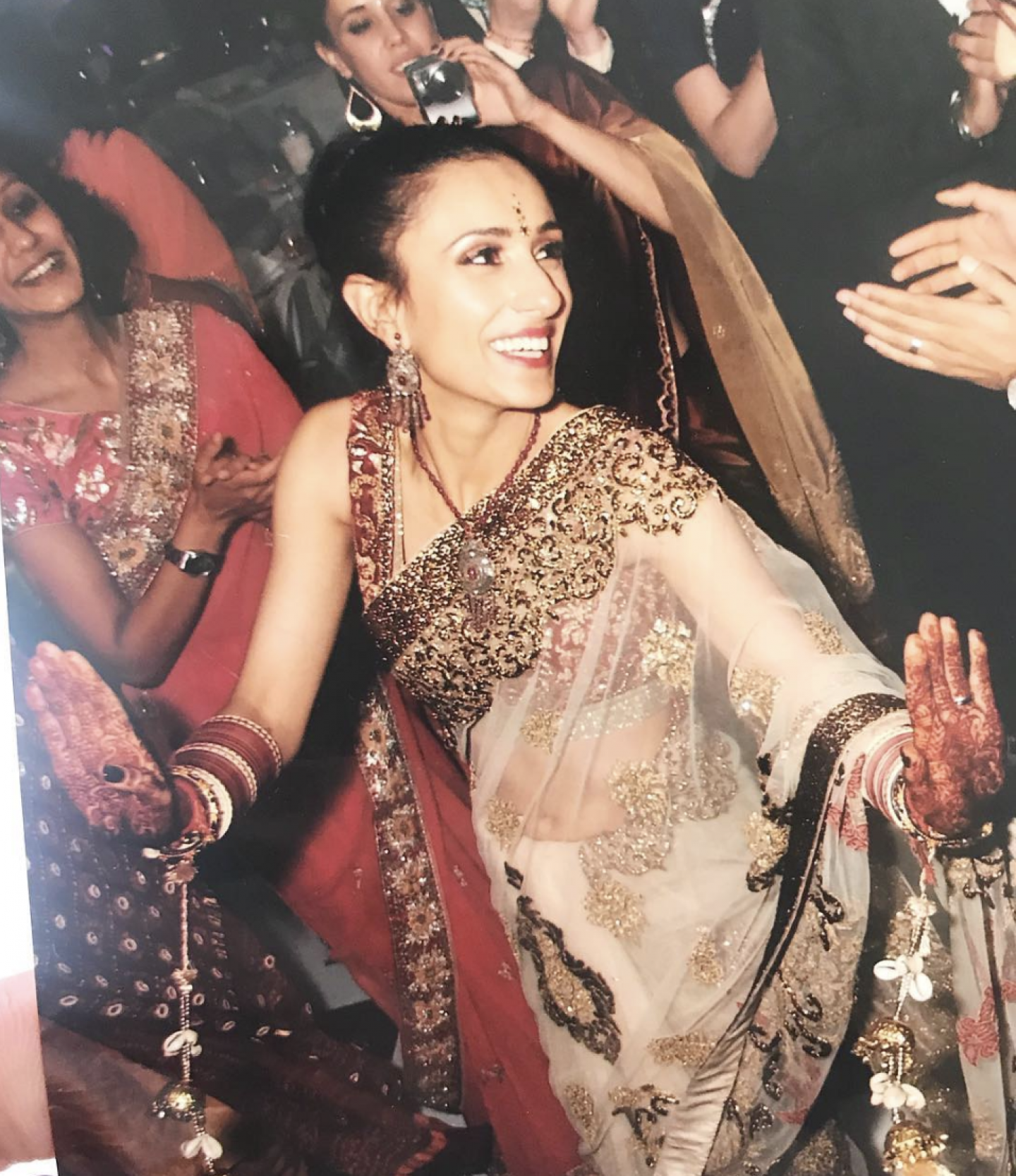
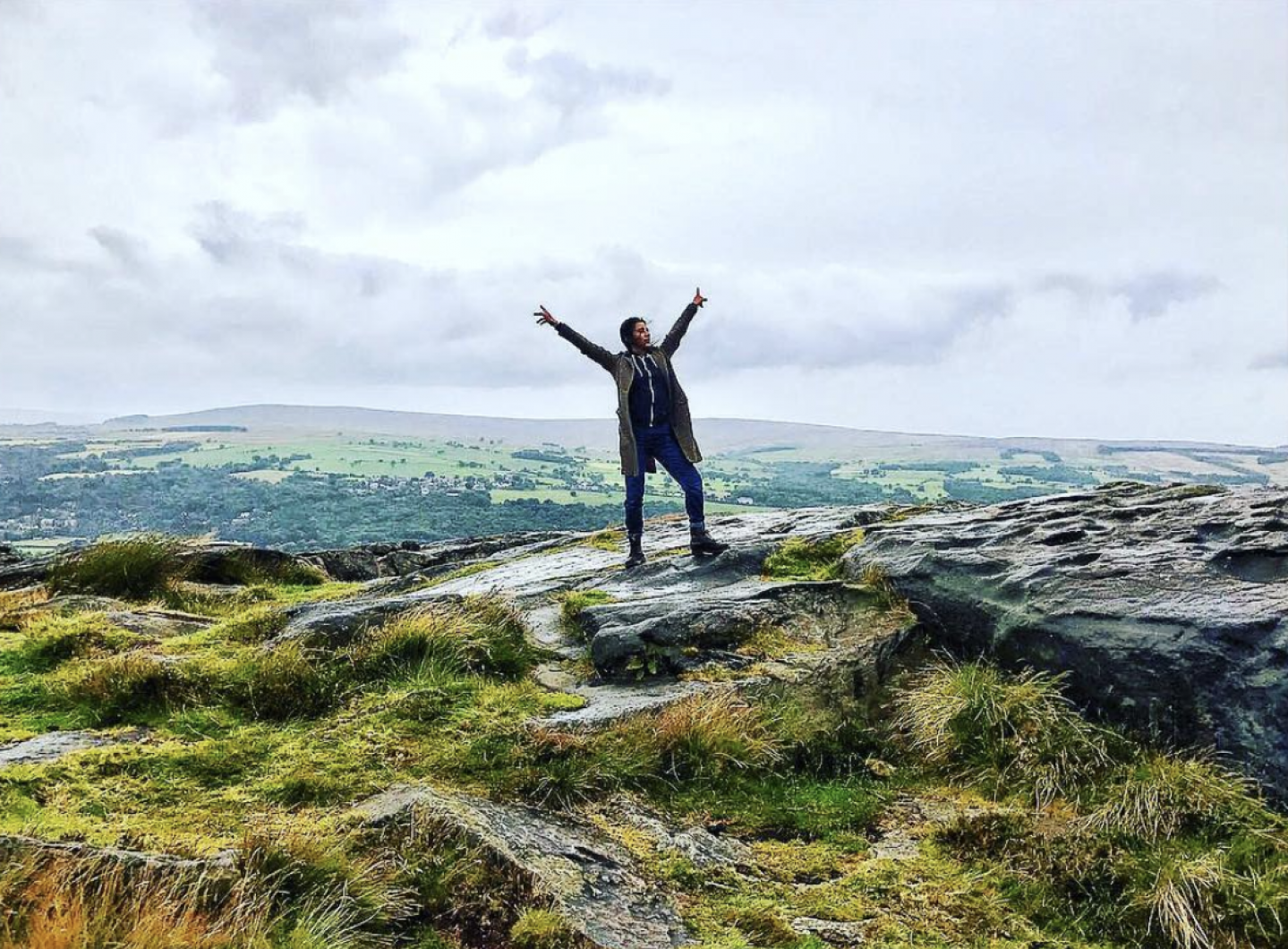

The importance of family (and that added dose of guilt) is clear in Anita’s story too. She writes of her parents’ sacrifices and hard work to keep her and her brother in good schools (a way of ‘infiltrating the system middle-class white folk used to get ahead’), but notes that her father has ‘always been a bit bitter’ that everything he earned went towards Anita and her brother. Later in the book, Anita’s insistence that she ‘did not want a big Indian wedding in a hotel in Bradford’ is pushed aside in favour of what she calls ‘my big fat Punjabi sweat fest’: a traditional, week-long affair, at – you guessed it – a big hotel in Bradford. Anita describes feeling that she was having an out of body experience during the ceremony, and it brings home that there’s been sacrifice on both sides of the parent-child relationship.
The book is saturated with Anita’s love of Yorkshire. She writes breathlessly of the language, landscape, food, history and sense of humour of the place, the soil ‘so fine it produces the best rhubarb in the world’ and the tap water, remembering filling ‘bottles of the stuff’ from her mum and dad’s tap to take back south. As a child, she and her family would often pile into the car and set off to explore – the moors, the dales, the coast.
Anita was therefore no stranger to Yorkshire’s countryside before she started work on Countryfile, but does feel she’s gained a deeper insight into the rural life of the county through her work on the show. ‘I’m actually getting to understand rural life, communities, and our relationship with the land a lot better,’ she explains.
‘I get asked a lot what qualifies me to be on Countryfile, and yeah, I’ve never birthed a lamb or anything like that – but a love of the land is my thing,’ Anita says. ‘I am Yorkshire ’til I die. Landscape really forms who we are, the earth and the spaces that we grow up in, the impressions that they make when you’re a child never leave you. And having access to the moors around West Yorkshire, in fact the whole of Yorkshire – they’re some of my happiest childhood memories, and it still takes my breath away. And in fact Countryfile has taken me to places that I now add to my list of most favourite places.’
Climbing Malham Cove on a drizzly November day was a surprising Countryfile highlight for Anita. It’s a climb no beginner would usually take on. ‘Apparently I have a natural aptitude for it,’ Anita laughs. Another special Countryfile memory actually comes from Lancashire (‘shock horror!’), on a visit to a farm in the Ribble Valley with a coach load of Somali refugees from Bradford. ‘Often these refugees come from rural communities, and it’s showing them animals and the farm, and it’s a good way to acclimatise people to Britain,’ Anita recalls. ‘And it snowed, and some of the kids had never seen snow before.’ A pause. ‘Let it not be said that I don’t celebrate Lancashire as well,’ she laughs.
In the time between writing the book and it being published, Anita has become one of the hosts of BBC Radio 4’s iconic Woman’s Hour. ‘This year has been magic in many ways, but Woman’s Hour! Even now I’m like, I’m a Woman’s Hour presenter, oh my god!’ It’s taken a bit of getting used to. ‘For the first three months I was really nervous going to bed on a Thursday night, but now I’m starting to feel like I’m putting my own little stamp on it, getting to know the audience a bit. I feel very privileged to be in that seat every Friday. It’s nice to be taking it forward for a new generation with Emma.’
During her trips to Yorkshire these days, Anita does have some favourite spots she likes to return to; Saltaire and Salts Mill, Ilkley (and the walk up to the Cow and Calf) and Whitby are among them. Such is the power with which Anita writes about Yorkshire, she may have inadvertently got herself a new job as a tour guide. ‘All my friends who have read the book are now basically saying, “When are we hiring a coach and when are you taking us up to Yorkshire?”’ Anita laughs. ‘All of them are like, “We know you’ve banged on about Yorkshire forever, but now we can really appreciate what you’re talking about, can we go?”’
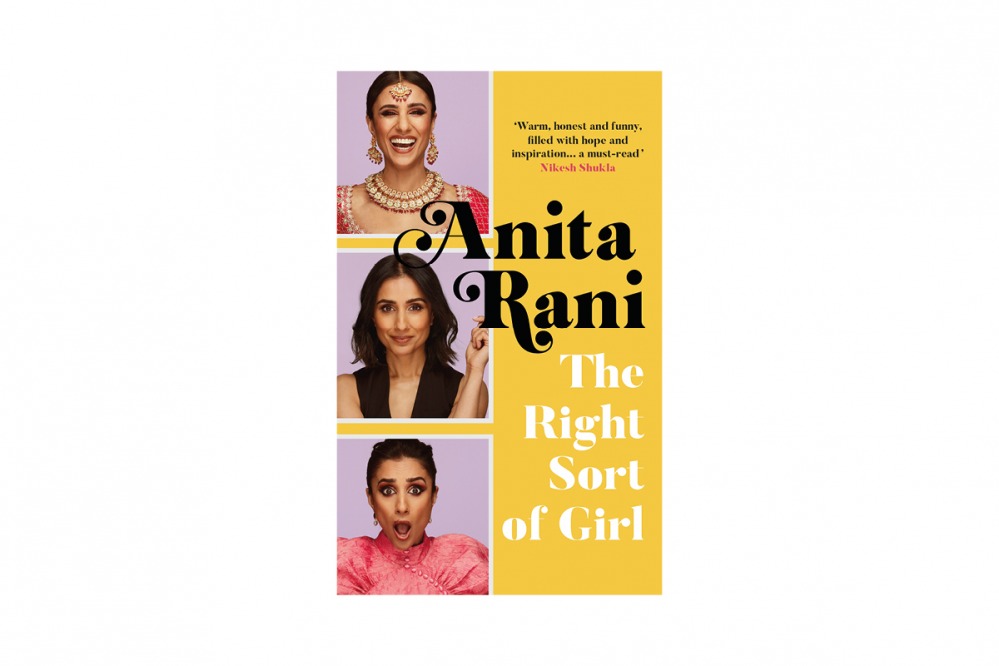
The Right Sort of Girl, out now in Hardback, eBook and Audio, (Blink Publishing, £16.99).
Images courtesy of Anita Rani/Blink Publishing unless otherwise stated.

How was the Great Yorkshire Show this year?
‘The weather was great, and it was just a real celebration.’
What are you listening to?
Emma-Jean Thackray. ‘There’s a big British jazz scene going on at the minute and she’s a trumpeter, multi instrumentalist, singer, and she’s from West Yorkshire as well on top of that.’
Did you binge any series during lockdown?
‘The Rap Game UK, and I loved Mare of Easttown. It’s powerful stuff.’




